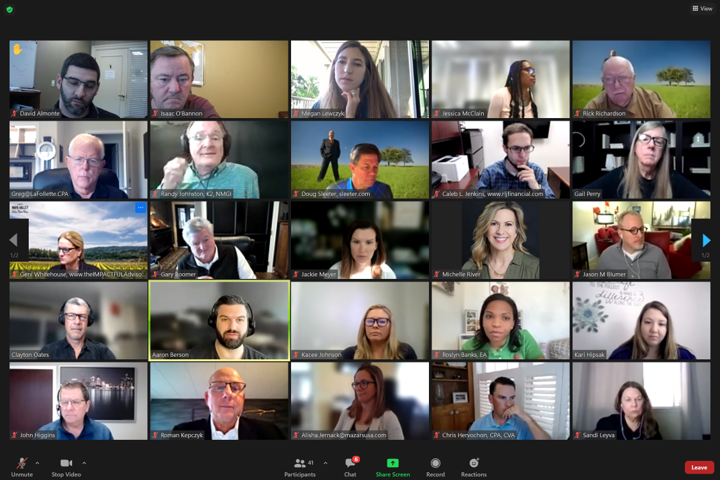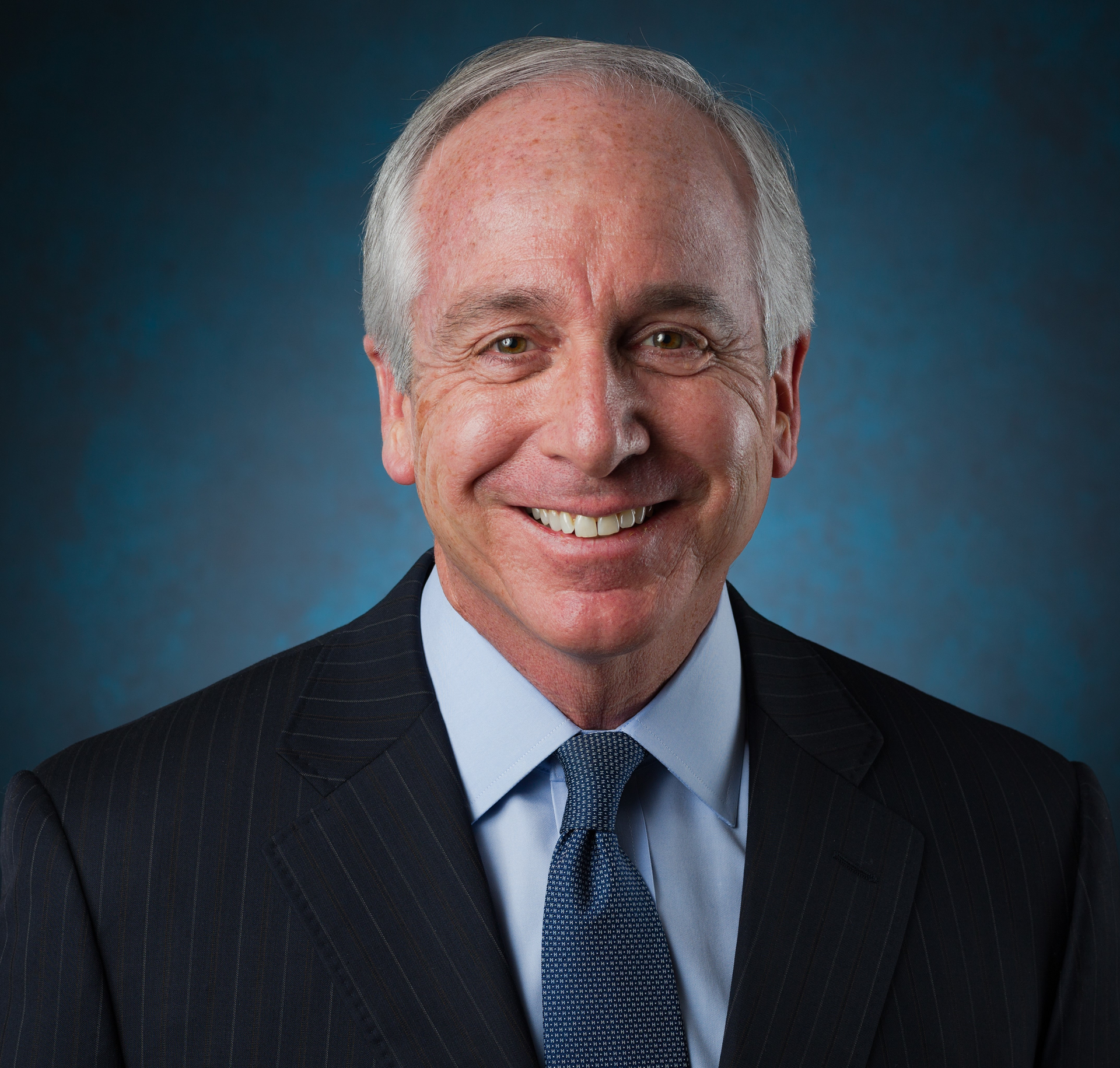The list of companies requiring their employees to return to the office at least a few days per week keeps growing, and it includes many well-known names. Some have been met with a strong response from their employees — and not an enthusiastic one. How these back-to-the-office mandates impact retention and recruiting at these companies remains to be seen. But in the near term, at least, employee job satisfaction is likely to take a hit.
The Conference Board, which has been surveying U.S. worker satisfaction since 1987, declares in its 2023 survey report that “U.S. workers have never been more content.” In fact, the organization indicates the level of contentment is the highest it has ever measured. It attributes the trend largely to improvements in the “experience of work,” like employees’ ability to maintain a good work-life balance.
The Conference Board’s survey also found that “employees with hybrid work arrangements report the greatest job satisfaction compared to fully remote or fully on-premises workers.” Based on that revelation, the organization also recommends in its report that, “Where possible, leaders should continue their support of hybrid work arrangements to keep job satisfaction high.”
Recent research from Robert Half generated similar findings about the strong link between work flexibility and employee happiness — and productivity, too. More than three-quarters of professionals (77%) who said they can work where and when they are most productive are putting in more hours now than they were three years ago. And despite having longer workdays, 46% report higher job satisfaction.
The risk of losing valued talent is real
That same set of research from Robert Half also found that 87% of workers considering a job change are interested in hybrid or fully remote roles. With the desire for flexible work a top job search motivator for many skilled professionals today, it can be a risky move for employers to suddenly become stingy about offering work-from-home arrangements.
CPA firms are among the employers that may want to be extra cautious about if and how they instruct their workers to return to the office. The unemployment rate for accountants and auditors is just 1.7%, according to the most recent Bureau of Labor Statistics data. So, many of these professionals will likely be confident about making a move if they don’t like a change to their employer’s remote work policy.
If you’re considering altering the stance on flexible work at your CPA firm, don’t fail to engage your employees in the decision-making process. Setting the stage of success requires having a delicate conversation with your staff, which should unfold as follows:
Provide compelling reasons for the change
It starts with you: Why do you want your employees back in the office more often or all the time? Has collaboration or productivity been suffering? Have there been errors or missed deadlines due to the lack of team communication? Are workers struggling to maintain a good rapport with each other? Are you feeling pressure from clients to maintain a workforce with a more robust in-office presence?
These are all solid reasons to want to bring your team members back into the office. However, if your CPA firm is operating just fine with a remote or hybrid team, and you’re encountering problems only infrequently, why change your policy? That is certainly another critical question to consider. It will be difficult for you to make a strong case for change if you can’t point to how flexible work isn’t working.
Listen to your employees’ feedback
An effective leader is an empathetic leader. That includes being transparent about change and engaging in active listening as part of an open dialogue. Empathetic leaders also support and nurture employees and make a point to understand how each person’s experiences and motivations influence their work.
So, encourage your staff to explain why remote work is important to them. What you’ll likely hear from most employees is that they just want to continue to work where and when they feel most productive. They will also probably refer to the need for work-life balance. There are, of course, many forces pulling on them in their nonwork life that are easier for them to handle when they can work flexibly.
In response to the feedback you receive, ask your employees what type of arrangement they would consider reasonable. For example, could they manage three days in the office every week? What days would work best? Would it be helpful if they could generally set their own hours on those days? Inviting your employees to talk about what’s possible can help them feel more positive about the prospect of returning to work. And it will help you understand more clearly how to smooth the path for their return, and what pace of change will be most comfortable.
Forge a path forward together
One reason many businesses survived and thrived during the recent pandemic is because they were successful at fostering a “we’re all in this together” mindset across their organization and setting a “North Star” vision for success. Your CPA firm probably experienced this to some degree. So, as you decide about the future for remote work options at your firm, try leaning into these same approaches.
Look to your employees for their help in refining your flexible work policies. This process should feel more like collaboration than compromise. The strategy you develop together should outline whatever the business must do to be successful. But it should also address the core needs and expectations of your staff, which they will have shared with you during the feedback process.
If you want your employees back in the office regularly, they will be more likely to embrace that change if they know you aren’t trying to mandate a return to how things were before the pandemic. The world has changed, and now you need to chart a course for the future. You can be confident your staff will also appreciate knowing that the new flexible work policy you create together is flexible, too — and that it can continue to evolve as needs change.
===
Paul McDonald is a senior executive director at talent solutions and recruiting firm Robert Half. He writes and speaks frequently on hiring, workplace, leadership and career-management topics. Over the course of more than 35 years in the staffing industry, he has advised thousands of company leaders and job seekers on how to hire and get hired.
Thanks for reading CPA Practice Advisor!
Subscribe Already registered? Log In
Need more information? Read the FAQs
Tags: Firm Management, Payroll, Staffing





